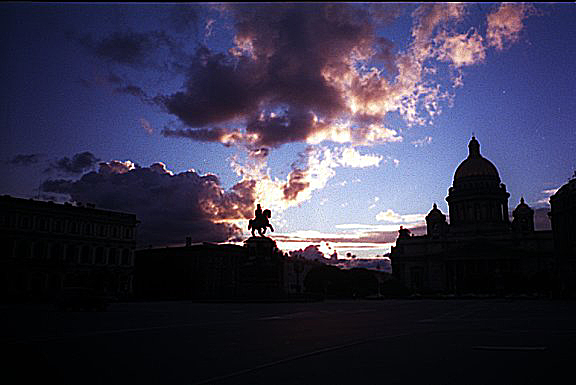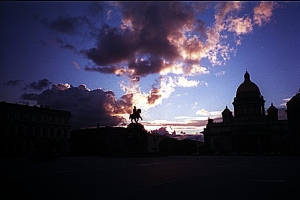This year, the Christian calendar begins November 28th. It is the Season of Advent.
Catholic, Orthodox, Anglican, Lutheran and many mainline churches observe the Christian calendar. The topic for each Sunday is predictable. Scripture from the lectionary guides the themes, liturgy, sermon, art, and music of that particular time. Traditional? Yes. Useful? I do believe it is.
It provides congruence. Most Evangelical pastors are accustomed to, more or less, speaking about what’s been on their mind recently. This is carefully referred to as “what God has laid on their heart.” (And you’d be a fool to question the movement of the Spirit, right? Maybe a fool, or maybe a blasphemer…if you spoke your thoughts.)
In general, it’s not a terrible thing to follow the leading of the Spirit. (If that is truly what is happening. But, that’s another post entirely!) But does this unformatted contemporary formula help cinch together the Story of God, the Christian Story, and bring a cohesive message of the Gospel, in history and depth, in a palpably connected way? Or, is the shoot from the Holy hip often more of a “bang here and a bit there,” approach?
I’d like to hear your take on it?
I tend to think a healthy mix of several Christian traditions could be very spiritually useful in contemporary times. We are already malnourished on a sound bite way of life as is it.
Chaplain Mike, a one-time Southern Baptist preacher, who blogs at imonk does the whole topic much more justice than I can. I strongly encourage you to link to his specific post with the link at the bottom, if you’d like.
Witness this poignant quote found there:
(It really hit home with regards to my Christian church experiences.)
“Part of the problem is that evangelicals really don’t have traditions,” said Carter. “Instead, we have these fads that are built on the strengths and talents of individual leaders. … But a real tradition can be handed on to anyone, from generation to generation. It’s hard to hand these evangelical fads down like that, so it seems like we’re always starting over. It’s hard to build something that really lasts.”– Joe Carter as quoted by Terry Mattingly
My main resource for this post and a really helpful article is here at imonk. It is most helpful for Evangelicals, and I challenge you to consider a deeper appreciation for the Christian calendar year, starting this Sunday, November 28th.
Thank you for reading.






